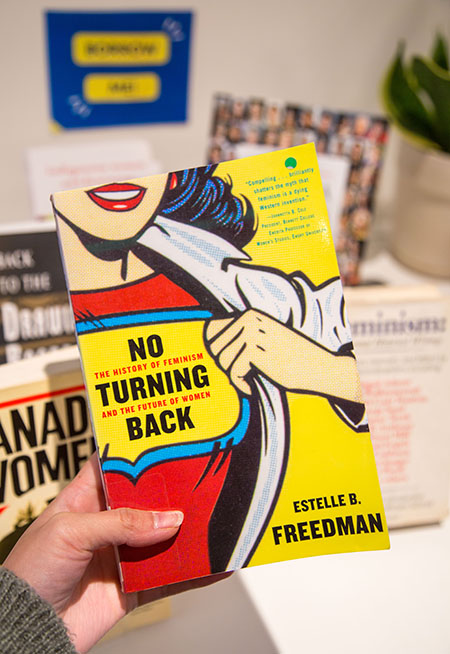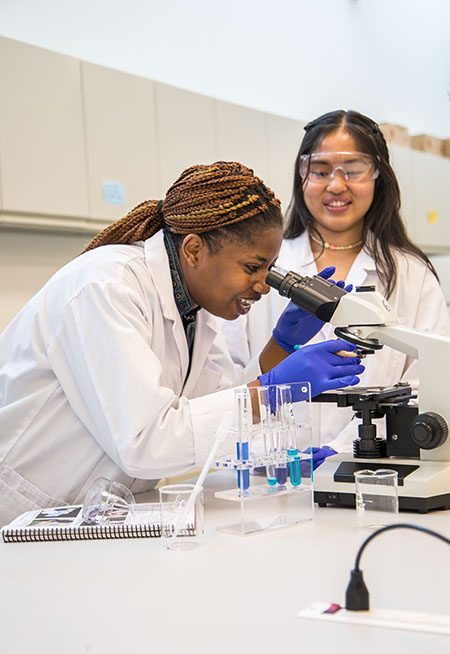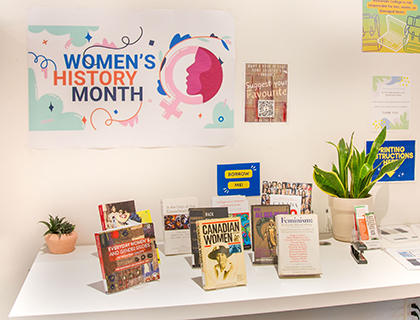

“I am a believer in women, in their ability to do things and in their influence and power. Women set the standards for the world, and it is for us, women in Canada, to set the standards high.”
In Canada, October is Women’s History Month. It is an opportunity for us all to reflect on the achievements of women in Canada and around the world.
Consider Nellie McClung, who was a woman’s rights activist, legislator, and author who is known for her involvement in the Persons Case.
The Persons Case (1929) is a constitutional case that decided women were eligible to sit in the Senate of Canada.
Before this crucial case, and before Nellie McClung and other woman’s rights activists, only men could sit in the Senate of Canada.
To our modern eyes, in 2024, this is easily understood as obvious gender discrimination.
However, back in the early 20th century, such gender discrimination was a part of Canadian society.
It was unquestioned, and “just the way it was.”
Similar discrimination could be seen in other examples such as women not being able to work in certain professions, and women being culturally conditioned to treat men with more authority than women.
Women throughout history have rebelled against this discrimination, including the Polish scientist Marie Curie, and Kim Campbell (who was the first woman to serve as Canadian Prime Minister).
By reflecting on the historical achievements of women, we prepare our minds and hearts for imagining a more equal future.

Women’s History Month is also an opportunity to dream of what Canadian society and the global community can be when it comes to uplifting women and girls.
In Canada, women enjoy equal rights under the law, in things like the Charter of Rights and Freedoms in our Constitution, as well as legislation like the Canadian Human Rights Act of 1977.

Even though women and men are legally considered equal, our society still has much more work to do to manifest true equality.
For instance, there is a lack of female participation in certain fields like science, technology, engineering, and mathematics.
Women still earn less money than men in the workforce. This can involve an intersection of identities, or when two or more qualities of a person make them suffer inequality in some form.
For instance, women who are also Indigenous earn even less than women who are not Indigenous.
There is also the concept of rape culture, in which sexual violence against women is normalized in Canadian society and culture. This is especially important to young people on college campuses, as many sexual assaults occur there.
As global citizens, international students can take what they learn about women’s rights in Canada and bring their perspectives back to their home country.
Alexander College Library invites you to check out our Women’s History Month display at ACB! Let’s learn and work together to build a more equal world!
Library
Alexander College acknowledges that the land on which we usually gather is the traditional, ancestral and unceded territory of the Coast Salish peoples, including the territories of the xʷməθkwəy̓əm (Musqueam), Skwxwú7mesh (Squamish), and Səl̓ílwətaʔ/Selilwitulh (Tsleil-Waututh) Nations. We are grateful to have the opportunity to work in this territory.
Alexander College acknowledges that the land on which we usually gather is the traditional, ancestral and unceded territory of the Coast Salish peoples, including the territories of the xʷməθkwəy̓əm (Musqueam), Skwxwú7mesh (Squamish), and Səl̓ílwətaʔ/Selilwitulh (Tsleil-Waututh) Nations. We are grateful to have the opportunity to work in this territory.